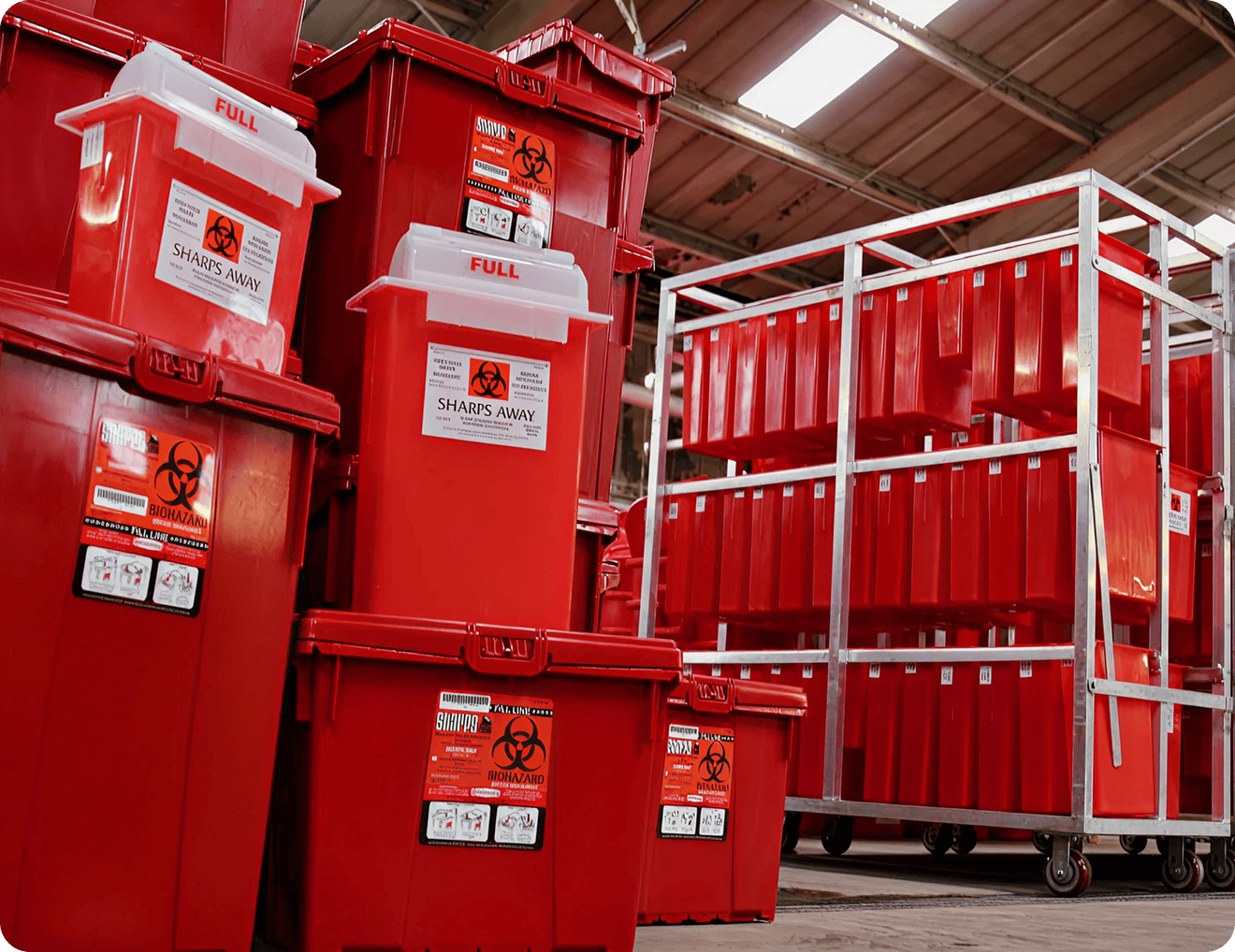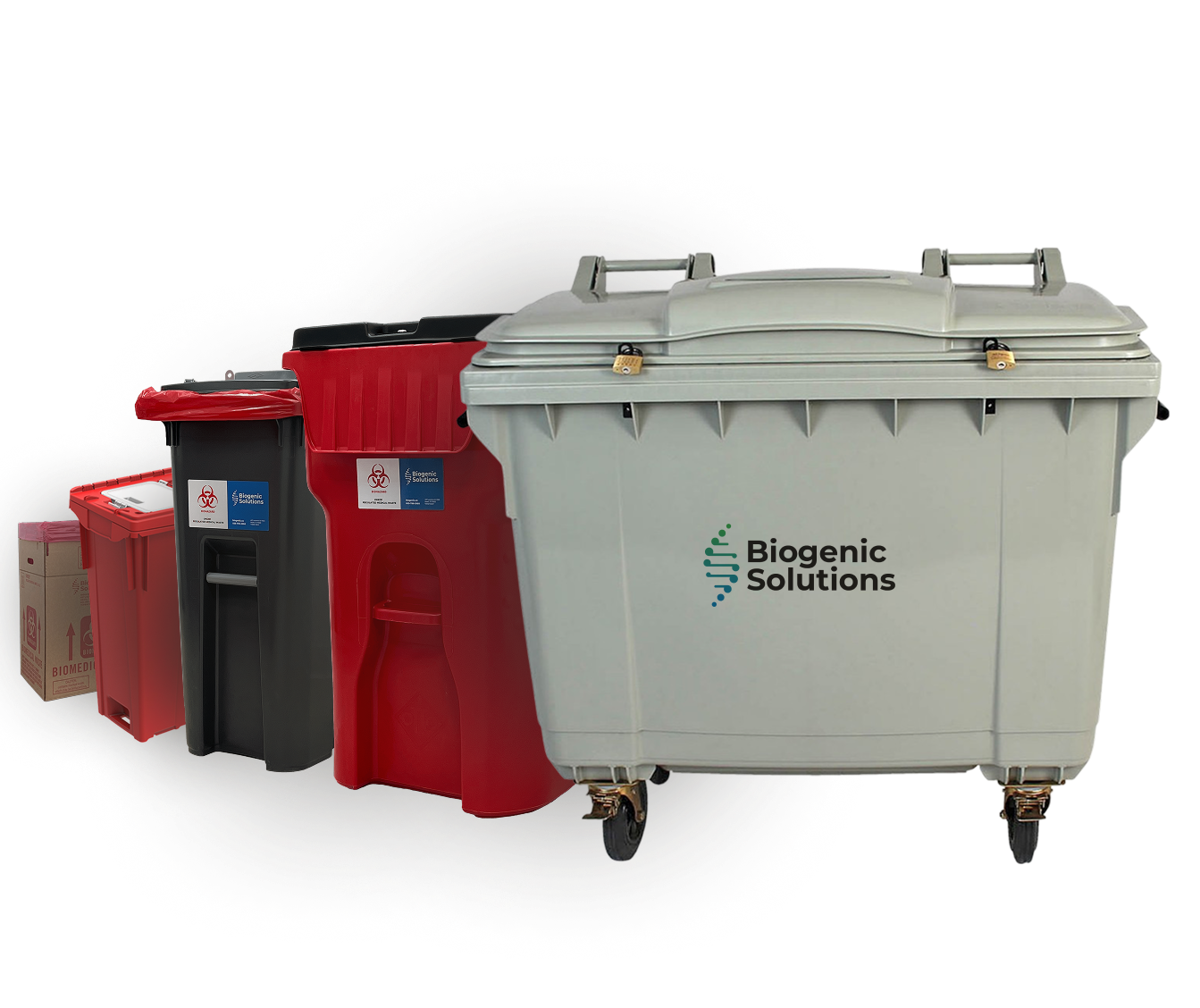Hospitals
Medical Waste Management for Hospitals
Hospitals require reliable waste solutions that meet strict safety and compliance standards. Biogenic Solutions supports healthcare facilities across TX and OK with tailored, OSHA-compliant service. Our programs are designed to adapt to changing demands while maintaining long-term reliability through experienced local support.






